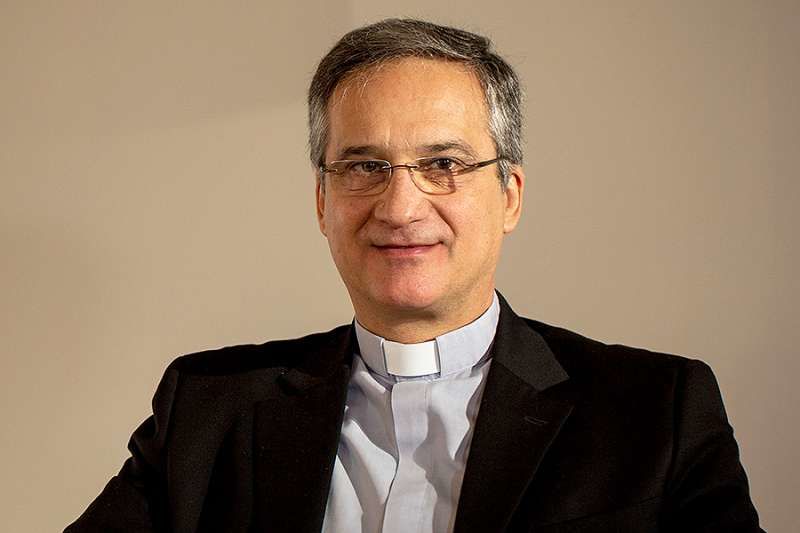Amid accusations of concealment, the Vatican's communications department has released the entirety of a letter written by Benedict XVI, revealing a previously unpublished paragraph which contains Benedict’s comments about a theologian known for his “anti-papal initiatives.”
rn
rnThe Secretariat for Communications published the full letter March 17, after questions were raised following the letter’s presentation during a press event March 12 for the release of a newly-published series of booklets on the theological formation of Pope Francis.
rn
rnThe series is published by Libreria Editrice Vaticana, the Vatican publishing house overseen by the secretariat.
The secretariat’s press release on the letter quoted portions of the letter praising the booklets, but included neither Benedict’s admission that he has not read them in full, nor the final paragraph published today.
rn
rnIn the paragraph, Benedict notes his “surprise” that an author of one of the new booklets is the German theologian Peter Hünermann, who, Benedict notes, “was highlighted for leading anti-papal initiatives” during the two preceding papacies.
rn
rnIn the letter, dated Feb. 7 and addressed to the prefect of the Secretariat for Communications, Msgr. Dario Vigano, Benedict also notes Hünermann's involvement in the release of the 1989 Cologne Declaration, which “virulently attacked the magisterial authority of the Pope, especially on matters of moral theology.”
rn
rnThe previously undisclosed paragraph reads, as translated by Ed Pentin of the National Catholic Register, in full: “Only as an aside, I would like to note my surprise at the fact that among the authors is also Professor Hünermann, who during my pontificate had been shown to have led anti-papal initiatives. He played a major part in the release of the ‘Kölner Erkl√§rung’, which, in relation to the encyclical ‘Veritatis splendor’, virulently attacked the magisterial authority of the Pope, especially on questions of moral theology. Also the ‘Europaische Theologengesellschaft’, which he founded, initially came to be thought of as an organization in opposition to the papal magisterium. Later, the ecclesial sentiment of many theologians prevented this orientation, making that organization a normal instrument of encounter among theologians.”
rn
rn“I am sure that you will understand me for my denial and I greet you cordially,” the letter concludes. Earlier in the letter, Benedict acknowledged that he could not write a requested reflection on the booklets because he had not read them and had other, more pressing, commitments.
rn
rnA March 17 press release from the Secretariat for Communications said there had been “much polemics” around its “alleged censorial manipulation of photography.”
“What was read out from the letter, which was confidential, was considered appropriate and related to the sole initiative, and in particular to what the Pope Emeritus says about the philosophical and theological formation of the present Pontiff and the inner union between the two pontificates, leaving out some notes regarding contributors to the series.”
“The choice was motivated by confidentiality and not by any intent of censorship,” the secretariat added.
The Vatican office wrote that it had now chosen to publish the letter in its entirety “in order to dispel any doubts.”
rn
rnThe National Catholic Register requested March 14 a copy of the letter Vigano sent to Benedict, but the request has not been answered.
rn
rnControversy about the letter heightened March 14 when the Associated Press reported that the Vatican had acknowledged obscuring two lines of the letter in a photo released to the press.
rn
rnThe AP's Nicole Winfield wrote that the Vatican has admitted “that it altered a photo sent to the media of a letter from retired Pope Benedict XVI about Pope Francis. The manipulation changed the meaning of the image in a way that violated photojournalist industry standards.”

